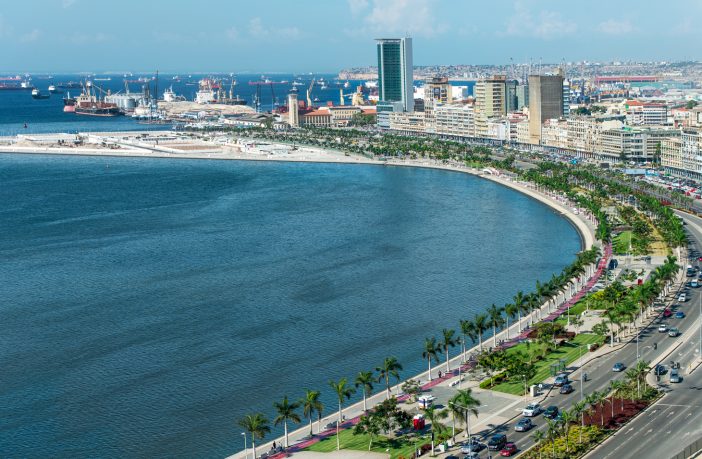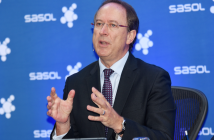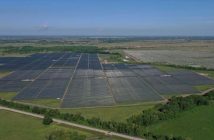- The World Bank and the French Development Agency (AFD) have signed a USD 500 million financing agreement (of USD 900 million needed) with Angolan authorities for the construction of a 260,000 m3 drinking water plant in Bita, a town 40km from the capital, Luanda.
- The project will benefit 7.5 million people in Luanda and its surroundings.
The funding agreement was signed recently in Luanda by the Angolan Minister of Finance, Vera Daves, the World Bank regional director for Angola, Jean Christoph Carret, and the director of the French Development Agency (AFD) in Angola, Souchet Louis-Antoine.
The Luanda drinking water supply project will require a total investment of USD900 million. The project will be implemented by a consortium formed by the French group Suez, Mota Engil, a Portuguese construction company and Soares da Costa, a civil construction company based in Porto, Portugal.
The project involves the construction of a 260,000 m3 drinking water plant in Bita, a town 40 km from Luanda. The plant will operate through an intake installed in the Kwanza River, which flows past the capital Luanda before emptying into the Atlantic Ocean.
The project also aims to lay 82 km of water mains to supply four new distribution lines in currently unsupplied peri-urban service areas south of the capital Luanda. These are Cabolombo, Mundial, Ramiros and Bita. Water mains will also be extended to supply two existing but undersupplied distribution centres in the suburbs of Luanda.
As a result of the project, the municipalities of Camama and Benfica will no longer be supplied by tankers. The Angolan government estimates that the future drinking water supply facilities will benefit 7.5 million people.
Author: Bryan Groenendaal











